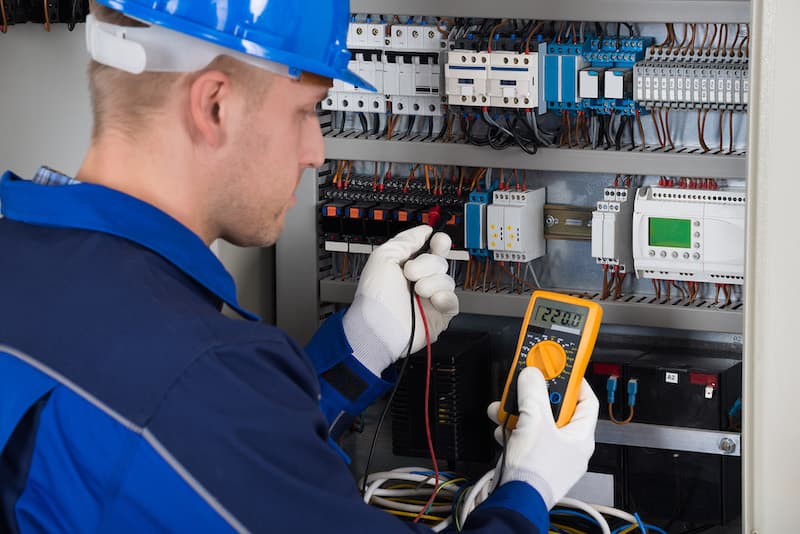

There is no set level that dictates the "lethality" of a voltage. Generally, voltage levels above 50 are considered lethal or potentially dangerous under certain conditions, such as the path of the current and duration. If a current below 50v passes through the fingers, directly to the head, or affects sensitive internal organs, it can fall under "deadly voltage."
As a standard, voltages above 2700V or 11,000V are considered a lethal dose of electrical current, causing severe damage to the human body. The potential of a voltage to kill or inflict severe harm to a body depends on the following factors:
Current: High amperage will ultimately result in a higher degree of damage.
1–5 mA: May result in a slight shock that feels upsetting but isn't painful
6–30 mA: Can lead to significant loss of muscle control
50–150 mA: Results in catastrophic damage such as possible respiratory arrest, severe muscle reactions, and the chances of death increase.
1,000–4,300 mA: This voltage level can likely kill a person and result in significant damage, such as organ failure or nerve damage.
10,000 mA (10 amps): This voltage level can result in cardiac arrest, severe burns, and the possibility of death.
Path Of Electricity: The potential of voltage to inflict significant harm or kill a person is determined by the route the electricity travels through your body. If it affects sensitive organs like the heart or brain, it can result in immediate death or severe organ failure.
Duration: The longer an individual is exposed to electricity, the greater the likelihood of death. A slight touch may result in a minor shock, while a continuous duration of seemingly low voltage may have drastic effects.
Electrical safety is essential to minimize the volatile effects of electricity. Precautionary measures, such as enlisting PPE and displaying safety signage, can help ensure everyone's safety. Safety signs and labels alert emergency responders or electricians to the presence of deadly voltage. At Creative Safety Supply, we provide high-quality, industrial-grade electrical safety signage to help eliminate the risk of electric shock and ensure safe working conditions for everyone.
Similar Questions
- What is the Voltage of a Neutral Wire?
- How does electrical shock occur and how can it be prevented?
- What are the differences in voltage between the U.S. and Europe?
- What are electrical safety risks in a lab?
- What are supplies I should have on hand to prevent or respond to electrical hazards?
- What are common hazards when working with electricity?
- What is common PPE used for electrical safety?
- What are the basics of electrical safety?
- What is the need for isolation in electrical equipment?

